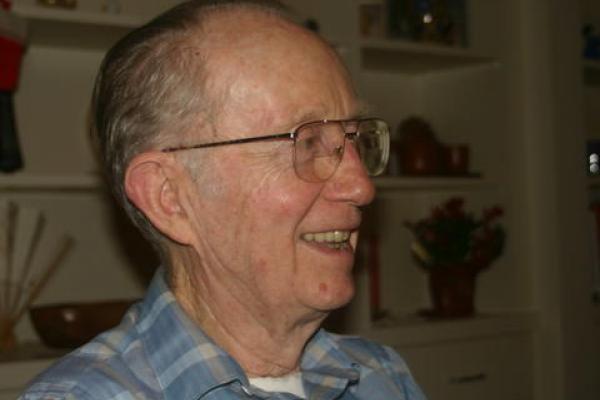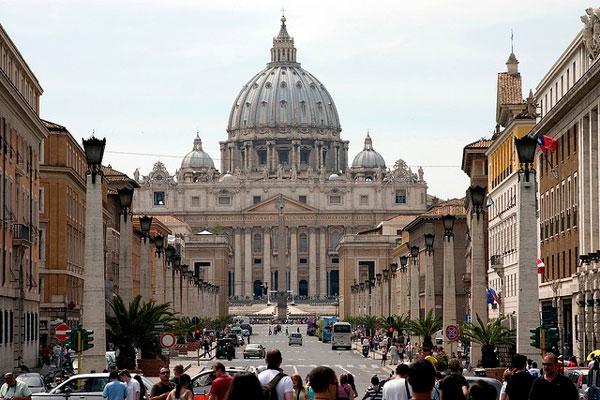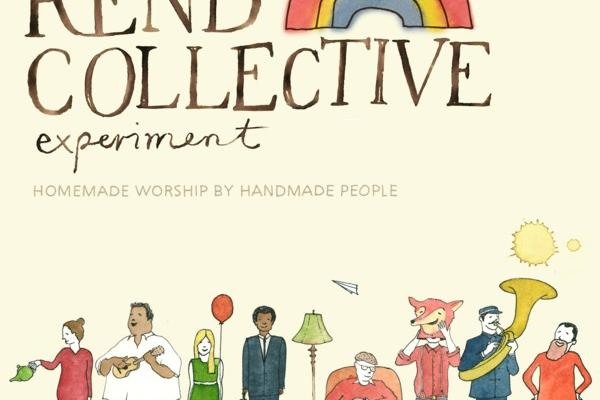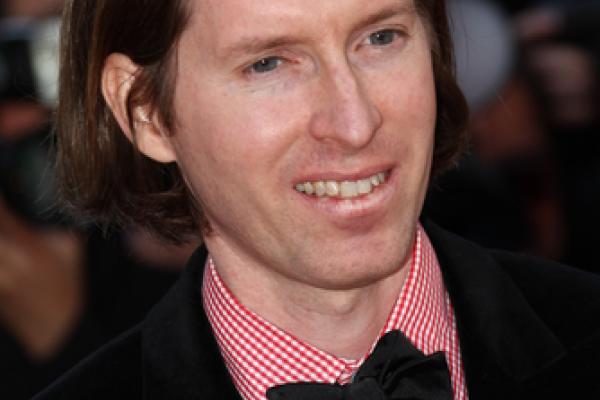For most of my life, I have been a “Christian with conjunctions.”
So I’m a Christian BUT… I’m not like that street preacher who yells about hell and damnation on the downtown corner.
I’m a Christian BUT I’m different from the televangelist who raises his fist in the air and screams about salvation.
My own priest, the Rev. Thomas Murphy, first described himself as a Christian with conjunctions in a sermon the morning before our Episcopal congregation took to the streets during a festival in downtown Asheville, N.C. Across the street from a karaoke booth, we handed out cold water to festivalgoers and offered a simple ministry with no judgment or obligation.
For most of us, it was the first time we had prayed the Eucharist in public, with our colleagues, students, and neighbors walking past. The white banner above us proclaimed: “God loves you. No exceptions.”
I have realized that the ubiquitous street preacher has something to teach me: there is virtue in being bold about my faith. Through my research on congregations and climate change, this public witness to God’s love has become easier for me as my church life now reflects my deep value of God’s good earth.
The stakes of silence are high. If we don’t speak out and act on our moral mandate to reconcile with creation, we risk destroying God’s very creation.
What if music were ethics?
You know, the art of listening and producing sounds as ethics?
I'm just thinking on the old blog here. I'm preaching next Sunday and I'm thinking about listening and music and how we learn to be good to one another. Somewhere someone wrote "It is better to give than receive."
It takes a lot for me to get excited.
Maybe I'm cautious, or maybe I'm just a tough sell, but it takes a big something to get me on board.
Today was that big something.
Last week, Pamela Geller of the Freedom Defense Initiative and Stop Islamization of America, put up ads in New York City subway stations that read, "In any war between the civilized man and the savage, support the civilized man. Support Israel. Defeat Jihad."
Well, I think that's a problem. And Sojourners thinks that's a problem.
Our world is a powder keg, and Geller flagrantly lit a blowtorch with these ads, which, in case you were wondering, are protected fully under the Constitution.
They may be legal, but they're not moral.
Most of us know what physics is, but what in the world is metaphysics? One might first recall Meta World Peace, who currently plays for the Lakers. So, metaphysics is just another one of those guys who adopted some sort of weird name, right?
Wrong.
According to John Cobb, a theologian who played a crucial role in the development of process theology, metaphysics asks, "what is it in and of itself that constitutes what is truly real and actual"? In physics you don't quite get to that. Metaphysics deals with ousia, which is substance in Greek. The world is made up of substances and the questions of metaphysics are to understand what substances are.
Woah. That sounds intense.
You can hear more and hopefully understand a little more (via the "substance" of your brain) HERE, as Cobb talks theology during the Emergent Village Theological Conversation at Claremont School of Theology in California.
As the radio emcee at Homebrewed Christianity describes it, "It's time to nerd out with your geek out."
Just one week after Pope Benedict XVI ended his successful visit to Lebanon, the country's most senior Catholic leader called for a United Nations resolution “that will ban denigrating religions.”
Meanwhile in Pakistan, the country's only Catholic cabinet member, Minister of Harmony Paul Bhatti, this week told an interfaith gathering in Lahore that he will press U.N. Secretary General Ban Ki Moon to pass a UN resolution that condemns "defamation and contempt against religions." Bhatti said "we must not allow anyone to break our harmony" between Christians and Muslims.
Both moves are understandable in light of increasingly popular efforts in predominantly Muslim countries to outlaw blasphemy or defaming religion. But they could prove problematic for the Vatican as it fights to protect the rights of Christian minorities around the world.
The debate suggests a widening gap between the Vatican's official position, which opposes such measures, and the day-to-day reality of Catholic leaders on the ground, who often feel compelled to support Muslim efforts to protect religious tenets and religious figures from defamation.
God Girl's New Favorite Thing for Sept. 27, 2012: Northern Ireland's Rend Collective Experiment
I love music. I love Jesus. And I love all things Irish.
So when a friend introduced me to Rend Collective Experiment last year, chances were pretty good that I'd vibe with this band from the North of Ireland (Bangor, to be specific.)
But ... and this was a BIG but ... my musical proclivities, while decidedly ecclectic, generally steer clear of contemporary Christian worship music (especially if it's billed as such.) When it comes to having a musical worship experience, give me Chris Martin and his bandmates, or those other four greying boyos from a little farther south in the Republic of Ireland.
Without putting too fine a point on it, Rend Collective are very much a contemporary Christian worship band. But they aren't what you're thinking.
Neither painfully earnest nor woefully twee. They're fun and funky — earthy, too, in a grab-your-banjo-and-trilby-hat kind of a way.
Food assistance programs have been helping millions of people get through the recession. With poverty remaining at record high levels, we should be grateful that these resources are available to protect families from hunger.
Unfortunately, some of our nation’s elected officials see it differently. New legislation (H.R 6518) introduced by Congressman Paul Broun and members of the Republican Study Committee targets some of the very programs designed to protect the most poor and vulnerable. Under the proposed legislation, six food programs administered by the federal government would be combined into a single block grant to states.
Does that sound like Washington slang? What it means is that spending on food programs would be dramatically reduced, administration of these programs would be shifted to state governors, and benefit level would likely vary from state to state. Programs such as the Supplemental Nutritional Assistance Program (SNAP) and Emergency Food Assistance (TEFAP) would be threatened by this legislation.
The world's most dangerous hiking trail, some underwater streets, skyscrapers cleaning our air, and having a cold brewski with President Obama. And then 2,601 people collaborated on a song. Today's links of awesomeness are pretty awesome.







